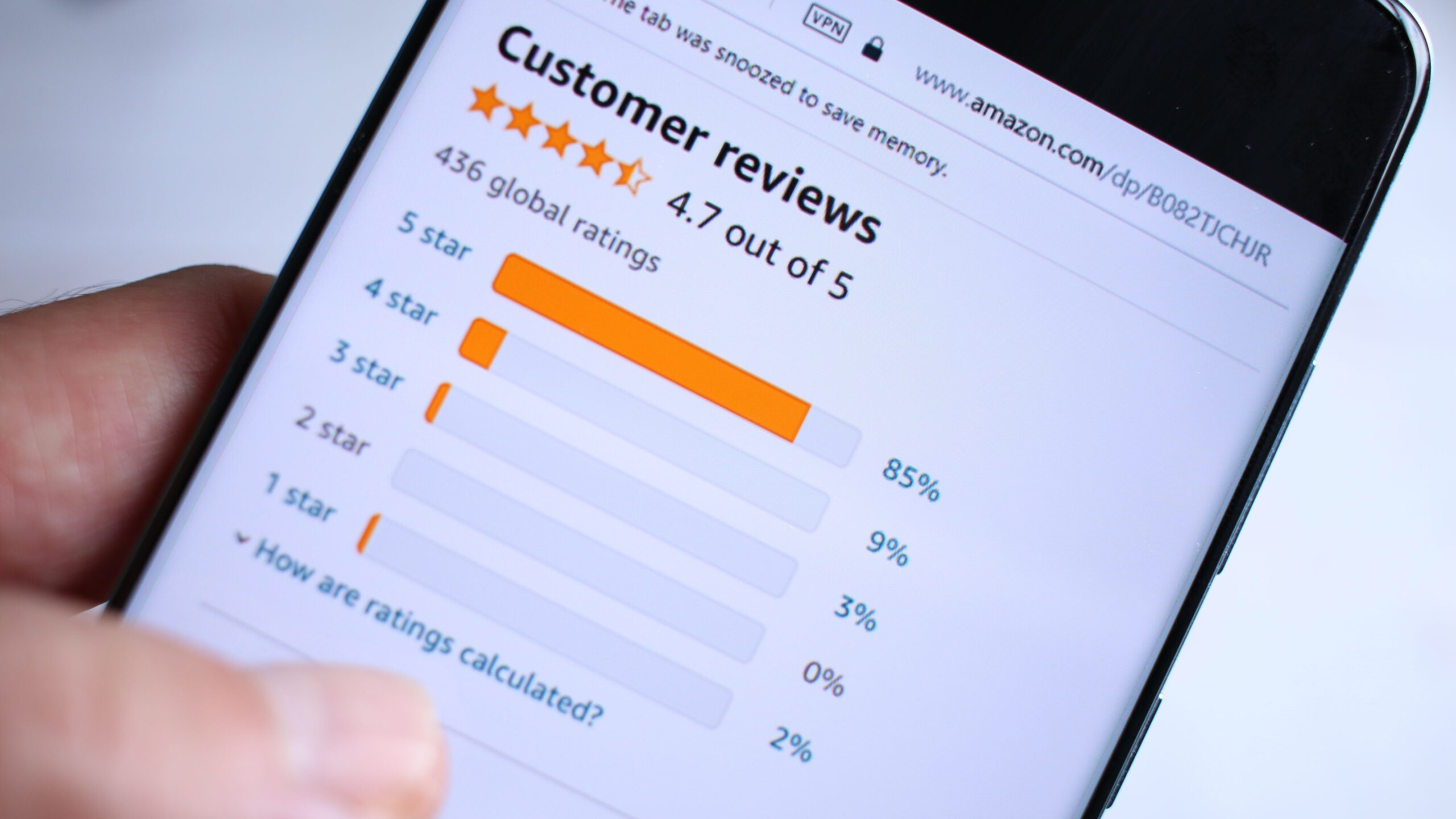Views on AI & IP Policy Considerations in 2019
On January 31, 2019, the U.S. Patent and Trademark Office (USPTO) held an event titled Artificial Intelligence: Intellectual Property Policy Considerations. Among some of the issues being examined were how artificial intelligence (AI) was used to enforce IP, its copyright implications, how it affected trademark protection, and more.
Giving a brief overview of AI to begin the conference, Lynne Parker, the Assistant Director for Artificial Intelligence at the White House Office of Science and Technology Policy, highlighted certain focus areas of the current Administration. These included removing barriers to innovation, prioritizing research and development by growing and sustaining American research leadership and capacity, ensuring an AI-ready workforce by fostering AI-ready education at all levels, defending national security, leading in international AI negotiations. Parker also discussed the importance of leveraging AI for the government — a subject explored in DisCo’s November white paper on leveraging AI, which explores combatting waste, fraud, and abuse; healthcare delivery; and natural disaster response.
The key takeaways from Parker’s overview were as follows:
- The US must strengthen and leverage our unique and vibrant American R&D and innovation ecosystem;
- AI R&D funding must be (and is) prioritized by the administration;
- We must accelerate development of enabling infrastructure for complete AI systems;
- Government regulations must support innovation while maintaining civil liberties, privacy and American values;
- AI workforce challenges must be addressed to ensure economic competitiveness and national security;
- Government must use AI (appropriately) to ensure national defense and security;
- Federal government should use AI to improve the provision of government services;
- R&D focus must include trustworthy/explainable, safe/secure AI; and
- The US must engage with like-minded international partners to realize the full potential of AI and address key challenges.
The first panel of the day was titled Patenting AI: Views Across the Corporate Spectrum. Kate Gaudry, a Partner at Kilpatrick Townsend & Stockton, discussed the challenges present in patenting AI. She detailed how engineers are frequently trained to give elevator pitches when talking to senior executives and as a result, spend a lot of their time trying to get someone who doesn’t understand the science behind the patent to understand it in simplified terms. Because of this, engineers sometimes fail to disclose the full details in a patent application — but according to Gaudry, they should. Moving forward, Scott Streit, Chief Technology Officer at Open Inference, pointed out that all AI-interfaces are dependent more on software than hardware, so issues of patentability are ultimately software-focused. Yoon Chae, Associate at Baker McKenzie, advised engineers who filed patent applications to improve their chances of approval by demonstrating the failures of conventional technology and how this AI-enabled technology overcame those failures. Manny Schecter, Chief Patent Counsel at IBM, addressed one common myth surrounding AI, stating that AI simply isn’t there yet — AI is in the stages of augmenting and supplementing humans as a tool, sifting through large volumes of data, but not at the point where it has the ability to invent.
The second panel addressed AI and IP Economics: Incentives and Innovation. One point of note came from Rory MacFarquhar, the Director for Global Economic Policy at Google, who discussed some of Google’s current innovations and how machine learning has contributed to those innovations. For example, AI is fundamental to Google Search, where what appears first in search results is based on algorithms. Google Translate has been equally transformed by machine learning, and computers are now much more capable of accurately translating between languages. While AI has greatly enhanced certain applications, MacFarquhar believes that the real revolution of the digital age lies in cloud computing, because it allows any startup access to enormous amounts of computing power without needing to buy data farms. The wealth of data without the extravagant burdens of cost is a huge incentive for smaller companies to tread into the field of AI. It was noted though that there are diminishing returns on a dataset after it reaches a certain size. As access to large datasets is becoming easier to attain, the quantity of data is no longer always the strongest contributing factor to success; instead, it’s how you use the data that is so critical to innovation. Panelists ultimately agreed that AI is becoming far more accessible, more developers are utilizing AI, and more AI-focused startups are emerging.
A discussion on the intersection between copyright and AI was examined in the panel The Ins and Outs of Copyright and AI. The panel dialogue often revolved around whether a machine utilizing AI can itself generate truly creative works. Bruce Boyden, an Associate Professor of Law, Marquette University Law School, made observations that AI-generated works fall into an interesting gap in copyright law, since copyright law doesn’t have a lot to say about the connection between authors and works in terms of technology-mediated creation. He believes that emergent works should not be copyrightable, and authorship of artwork should be judged according to what he called the “lion’s share” test, which says that the author of a work should be considered the person who did the lion’s share of the final product. Joseph C. Gratz, a Partner at Durie Tangri, wondered what type of new questions AI would bring to copyright, including the question of whether writings of a computer can constitute authorship. Currently, the Compendium of U.S. Copyright Office Practices states “the Office will not register works produced by a machine or mere mechanical process that operates randomly or automatically without any creative input or intervention from a human author.” This panel also breached the subject of the uses and reasons behind copyright law in regards to AI. There was general consensus amongst the panelists, including Mary Rasenberger, the Executive Director at the Authors Guild, that computers themselves should not be copyright owners, because copyright law is designed to encourage human incentives.
In the panel, Global Perspectives: AI and IP Policies Around the World, experts on Japan, China, the EU, and Singapore shared their perspectives on AI policies in their respective countries. Qian Wang, a Professor of Law at the East China University of Political Science, talked about the Chinese government’s AI Development Plan and why AI was such a priority: overall development of technology still lags behind, but because AI is relatively new technology China believes that there’s hope to learn fast and become a leader in this field. China, according to Wang, also hopes to leverage AI to continue growing its economy. Daryl Lim, Professor of Law and Director of the Center for Intellectual Property at the John Marshall Law School, discussed Singapore’s aptly named AI initiative AI Singapore. Lim emphasized Singapore’s flexibility and understanding of the potential AI holds as key to their national policy. Alain Strowel, Professor at the University of Louvain, Belgium, discussed the current state of guidelines and regulation affecting AI in the EU. Strowell also outlined what he felt were three broader implications for IP in the coming years: (1) a raising of the bar for patentability due to the employment of AI tools by examiners and the improvements of machine-based innovation; (2) the evolution of the trademark infringement criterion because of AI developments; and (3) a challenge to the anthropocentric model of IP. Matsuo Nonaka, Senior Director at the Patent Examination Department in the Japan Patent Office, outlined Japan’s AI-related IP strategy in three points: (1) the acquisition and management of AI related data; (2) the promotion and protection of AI applications; and (3) the protection of AI-generated works and inventions. With respect to these three points, Japan has revised the Copyright Act and the Unfair Competition Prevention Act, published contract guidance on the utilization of AI and data, and is committed to continuing the discussion as AI evolves. A survey of global initiatives on AI by various countries is available in this DisCo post from last year.








